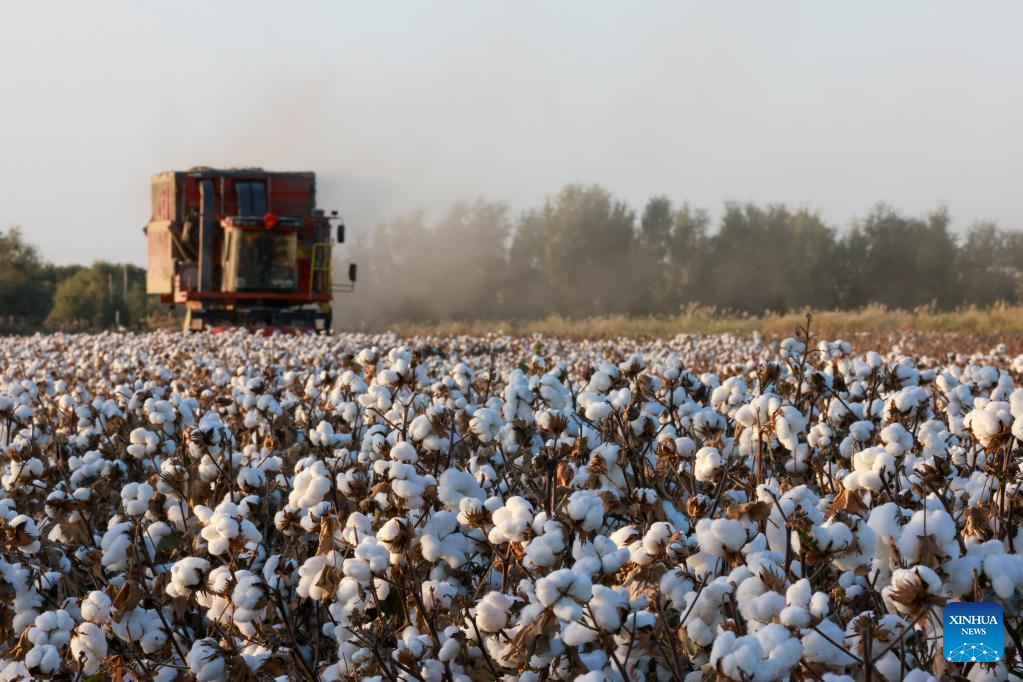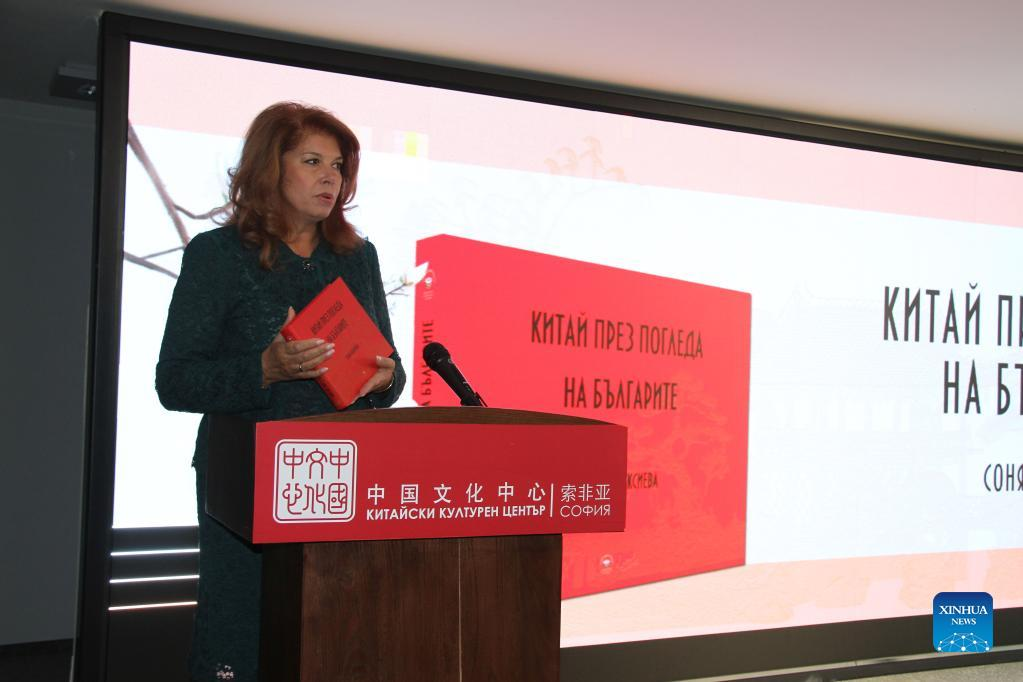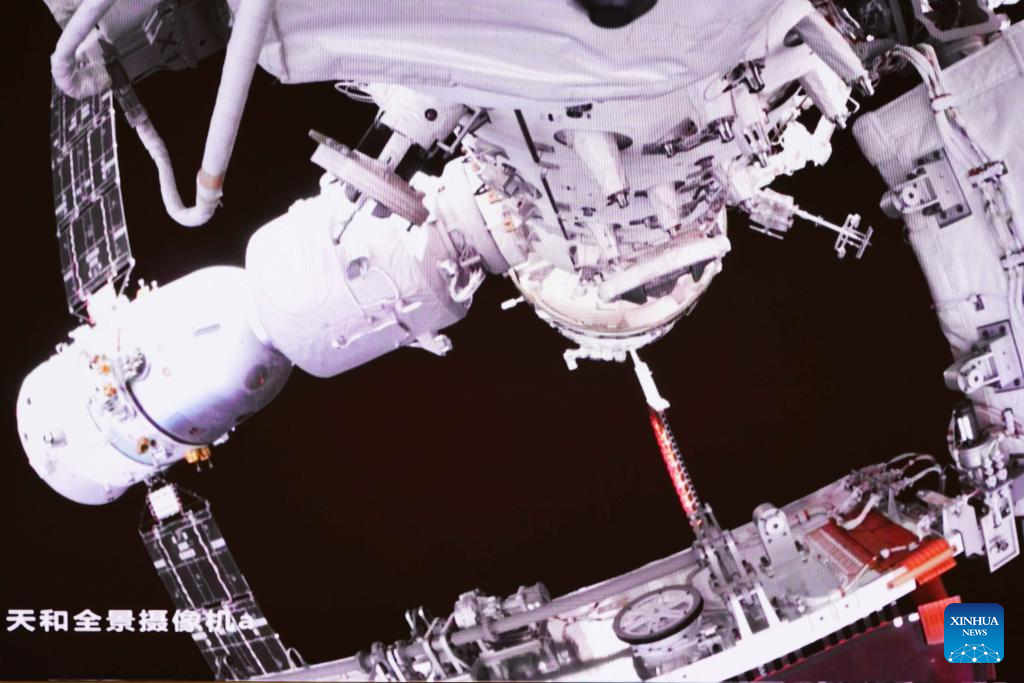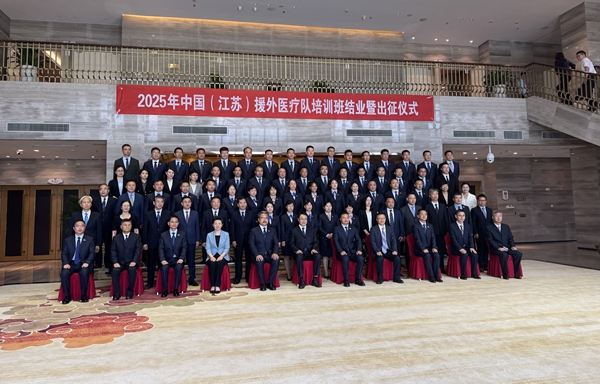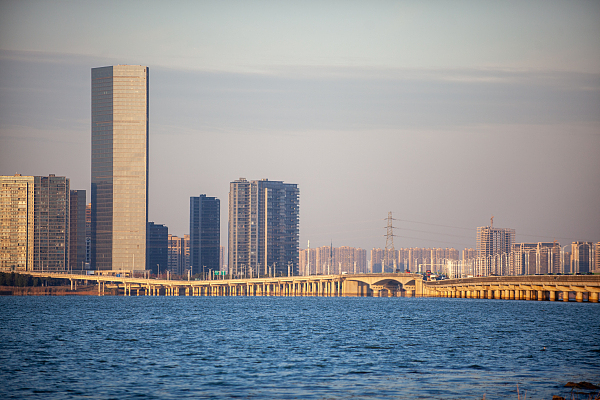
(CFP Photo)
The water quality of Taihu Lake in 2023 reached its highest level since 2007, according to a press conference held by the Jiangsu provincial government on February 27.
The basin of Taihu, covering 0.4% of China’s total territory, contributes 10% of the country’s gross domestic product (GDP).
In 2023, the phosphorus level in the lake was recorded at 0.052 mg/L, and nitrogen at 1.09 mg/L, marking reductions of 17.5% and 9.9% respectively compared to the previous year. Additionally, there was a significant decline of algae outbreaks, with 51 fewer reported than in 2022, indicating continuous improvements in water quality.
Jiang Wei, director of the provincial Department of Ecology and Environment, stated that the lake is approaching the national standard for being rated as good quality, which requires a total phosphorus level of 0.05 mg/L, and this represents a historic milestone.
Furthermore, for the first time, water quality in the lake’s central area achieved a Grade III within the country's five-tier water quality system last year. Along with these improvements, the lake’s ecosystem has shown signs of becoming more stable and sustainable.

Jiang added that the basin’s aquatic biodiversity index reached 3.08 last year, and the area covered by aquatic vegetation expanded to 200 square kilometers, an increase of 25.8% year-on-year. The number of bird species in the area rose to 382, including a number of key nationally protected species.
These achievements are the result of comprehensive environmental protection measures for the lake, a crucial drinking water source in the Yangtze River Delta. For example, Jiangsu launched an action plan for a new cleanup campaign for the lake in 2023, defining 100 specific tasks. The province also invested 23.8 billion yuan into the initiative over the year.
This campaign included major projects aimed at industrial restructuring, industrial pollution control, and treatment of urban and rural sewage and garbage. By the end of 2023, construction of 46 such projects had commenced.
Currently, the rate of domestic sewage treatment in the basin’s rural areas has increased to 83.8%, about 43 percentage points higher than the national average. Sun Xiang, deputy director of the provincial Department of Agriculture and Rural Affairs, said efforts will be made this year to develop a monitoring and assessment system for green agricultural practices and strengthen the pilot project of eco-friendly transformation of irrigation systems, further enhancing the area’s sustainable agricultural development.



